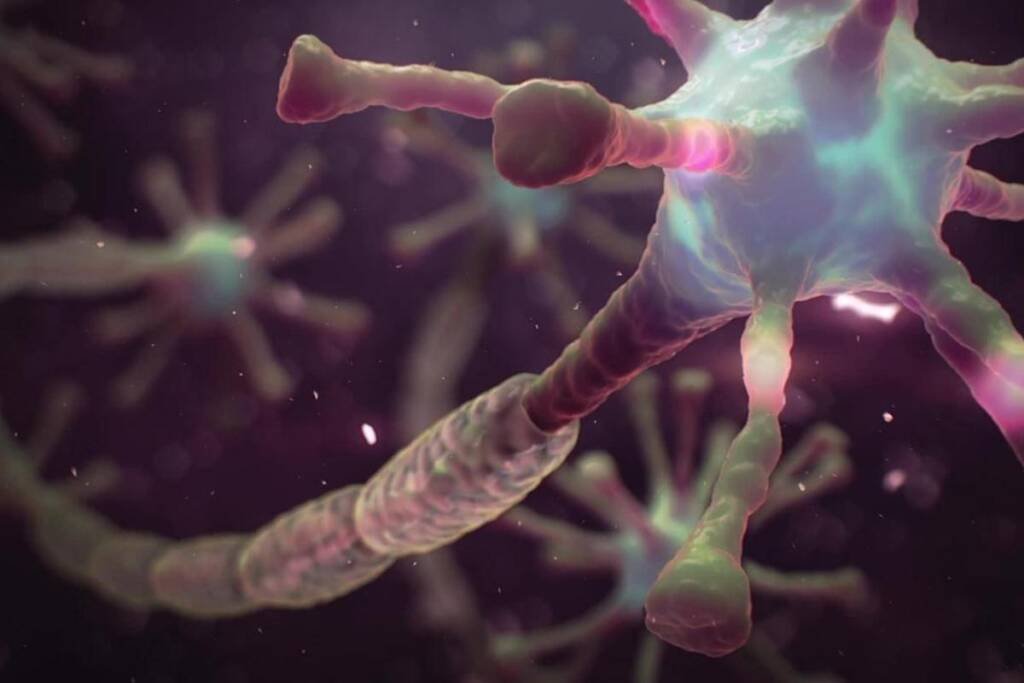Source: Takeda
Takeda on June 20, 2023, released the complete findings from the pivotal Phase III ADVANCE-CIDP 1 clinical trial, which investigated the use of HYQVIA [Immune Globulin Infusion 10% (Human) with Recombinant Human Hyaluronidase] as a maintenance therapy for adult patients with chronic inflammatory demyelinating polyneuropathy (CIDP). The trial results, presented at the 2023 Peripheral Nerve Society Annual Meeting and published in the Journal of the Peripheral Nervous System, demonstrated significant positive outcomes.
CIDP is an acquired immune-mediated condition affecting the peripheral nervous system, characterized by progressive weakness in limbs and impaired sensory function. Immunoglobulin (IG) therapy has been established as a standard of care for CIDP due to its broad immunomodulatory and anti-inflammatory effects. However, the frequency and volume of treatment required can be burdensome for patients and healthcare providers.
“The results from the ADVANCE-CIDP 1 trial are encouraging for adults with CIDP who require maintenance treatment by offering the potential for a facilitated subcutaneous IG administration option with up to once-monthly dosing (every 2 to 4 weeks). We are committed to expanding our portfolio of differentiated plasma therapies into new indications to further realize the tremendous therapeutic value of immunoglobulins in addressing the needs of patients with neuroimmunological disorders.”
– Kristina Allikmets, senior vice president and head of Research & Development for Takeda’s Plasma-Derived Therapies Business Unit
The ADVANCE-CIDP 1 trial was a Phase III, randomized, double-blind study involving adults with stable CIDP on intravenous immunoglobulin (IVIG). Participants were assigned to either HYQVIA or placebo and received treatment for six months or until relapse or study withdrawal. The primary endpoint was the proportion of participants experiencing a relapse, while secondary endpoints included functional worsening, time to relapse, change in disability scores, and safety.
Key findings from the trial indicated that HYQVIA demonstrated a clinically significant reduction in relapse rate compared to placebo, with favorable outcomes in functional worsening and extended time to relapse. Moreover, the change in disability scores was lower in the HYQVIA group. The safety profile of HYQVIA was generally consistent with existing product information, with infusion characteristics well-matched between treatment and placebo groups.
The majority of patients in the study received HYQVIA with a four-week dosing interval, and the mean time for treatment administration was 125.9 minutes. Local adverse events included injection and infusion site reactions, while common systemic adverse events were headache, nausea, fatigue, and pruritus.
“For patients with CIDP who need immunoglobulin treatment, the ADVANCE-CIDP 1 study results are encouraging. If approved as a maintenance therapy for CIDP, this treatment may combine the ability to have subcutaneous treatment at home with less frequent infusions.”
– Dr. Robert Hadden, Consultant Neurologist, Dept. of Neurology, King’s College Hospital, London
Currently, HYQVIA is undergoing regulatory review in the U.S. and European Union as a maintenance therapy for adult patients with stable CIDP. The positive results from the ADVANCE-CIDP 1 trial provide valuable insights and support for the potential use of HYQVIA in managing this chronic condition.





























